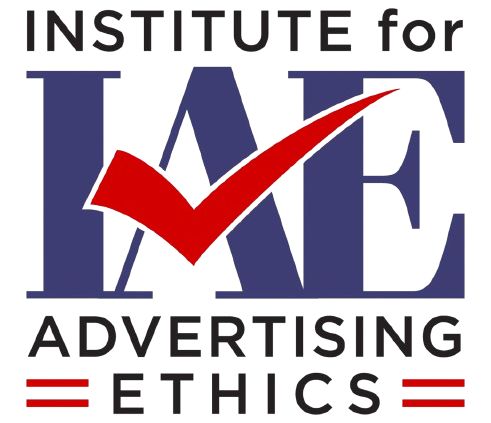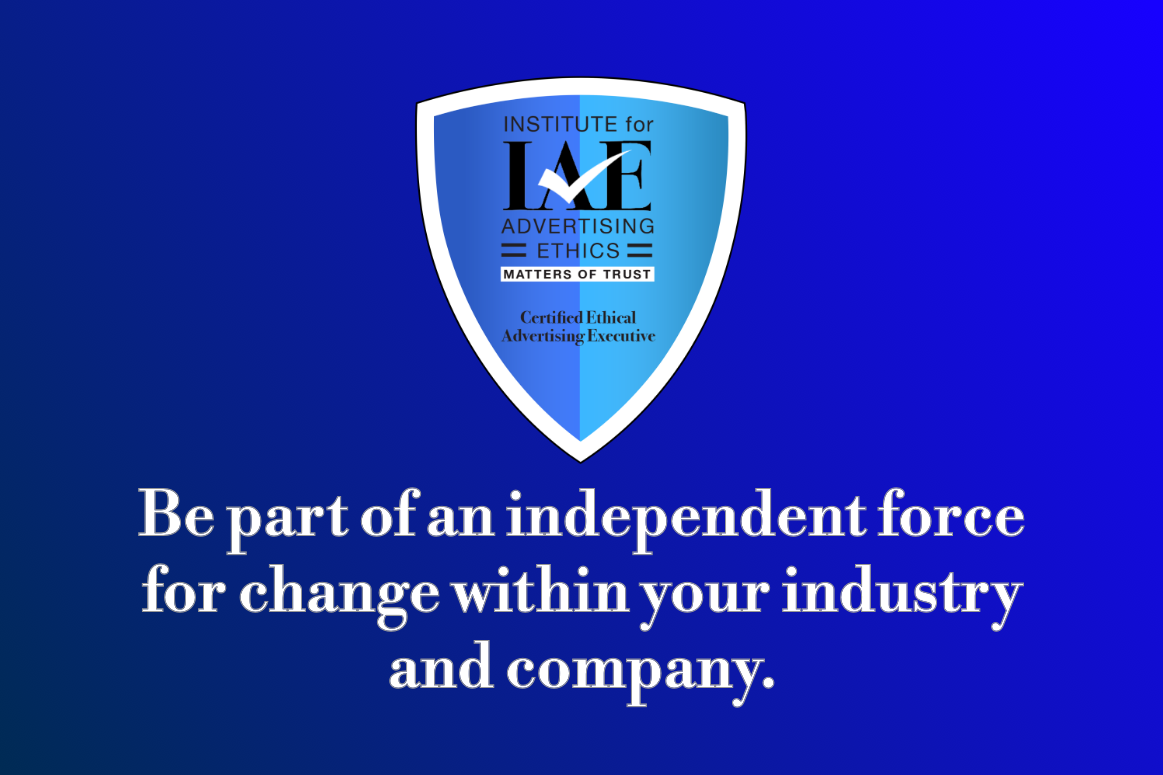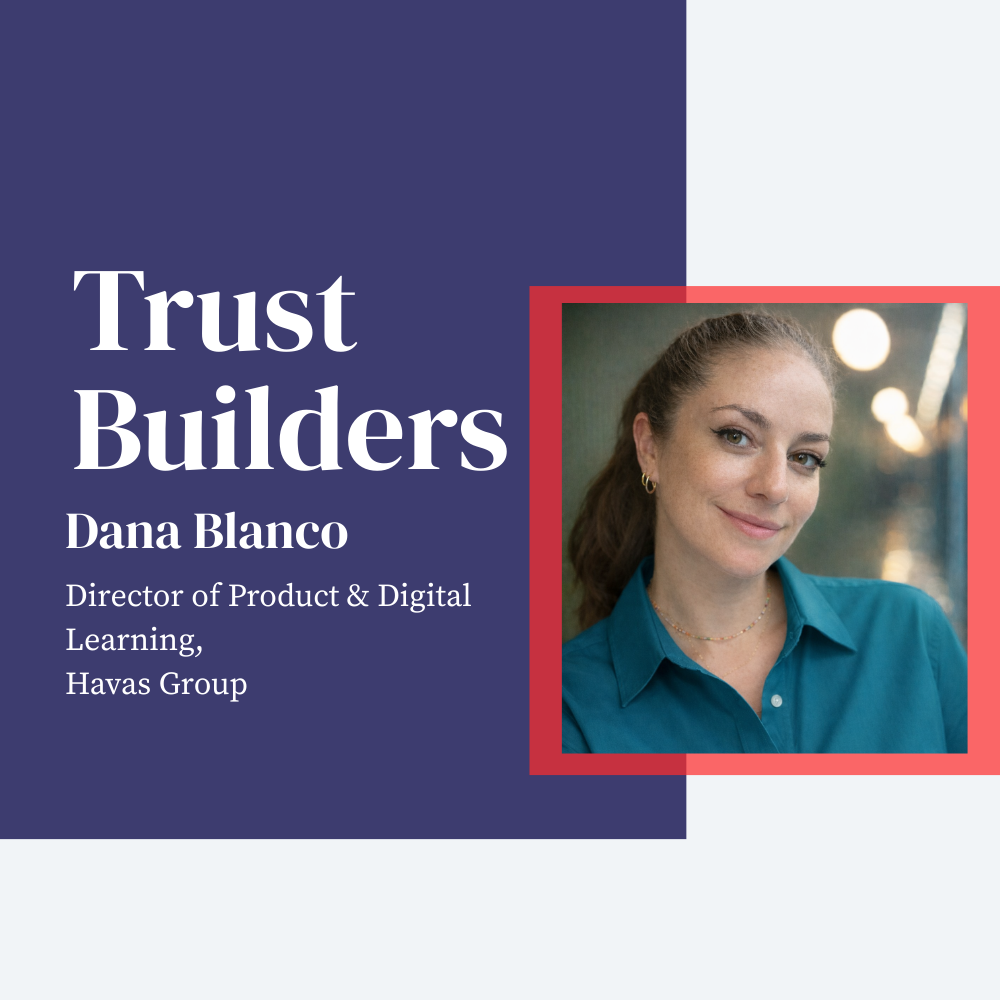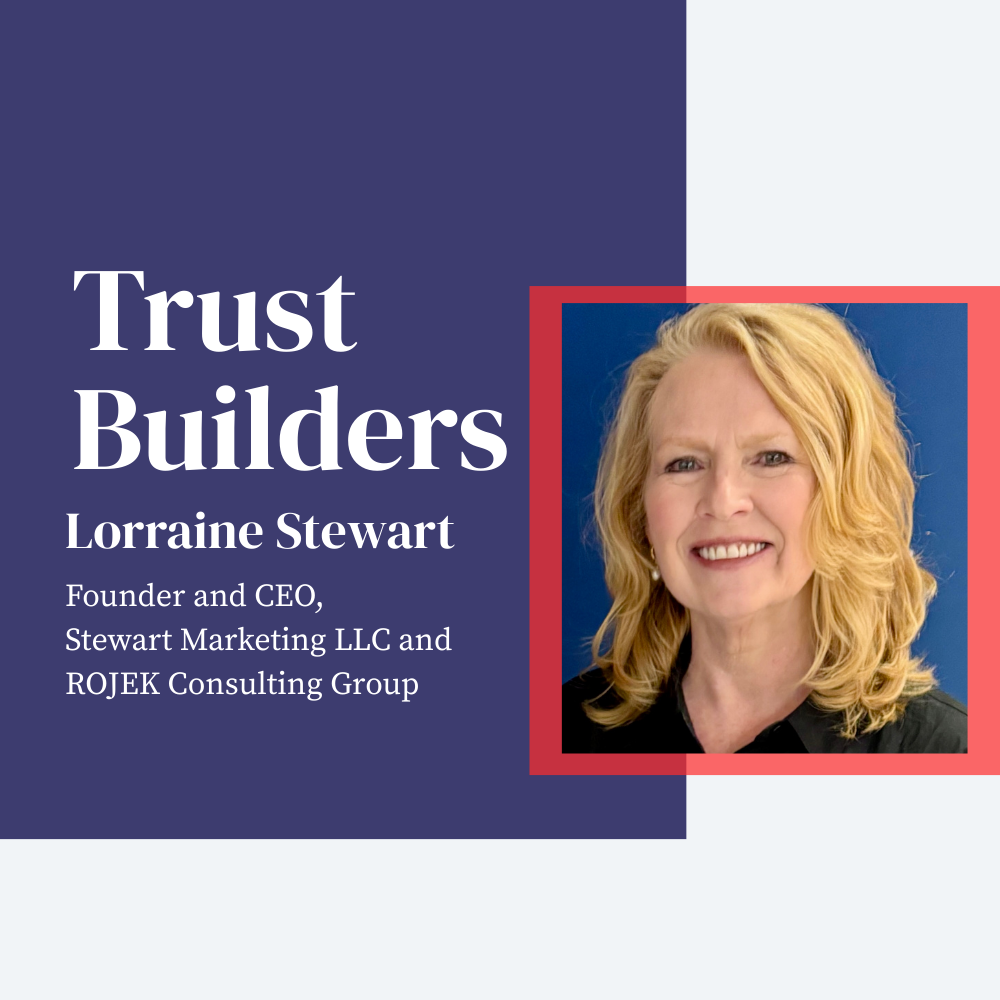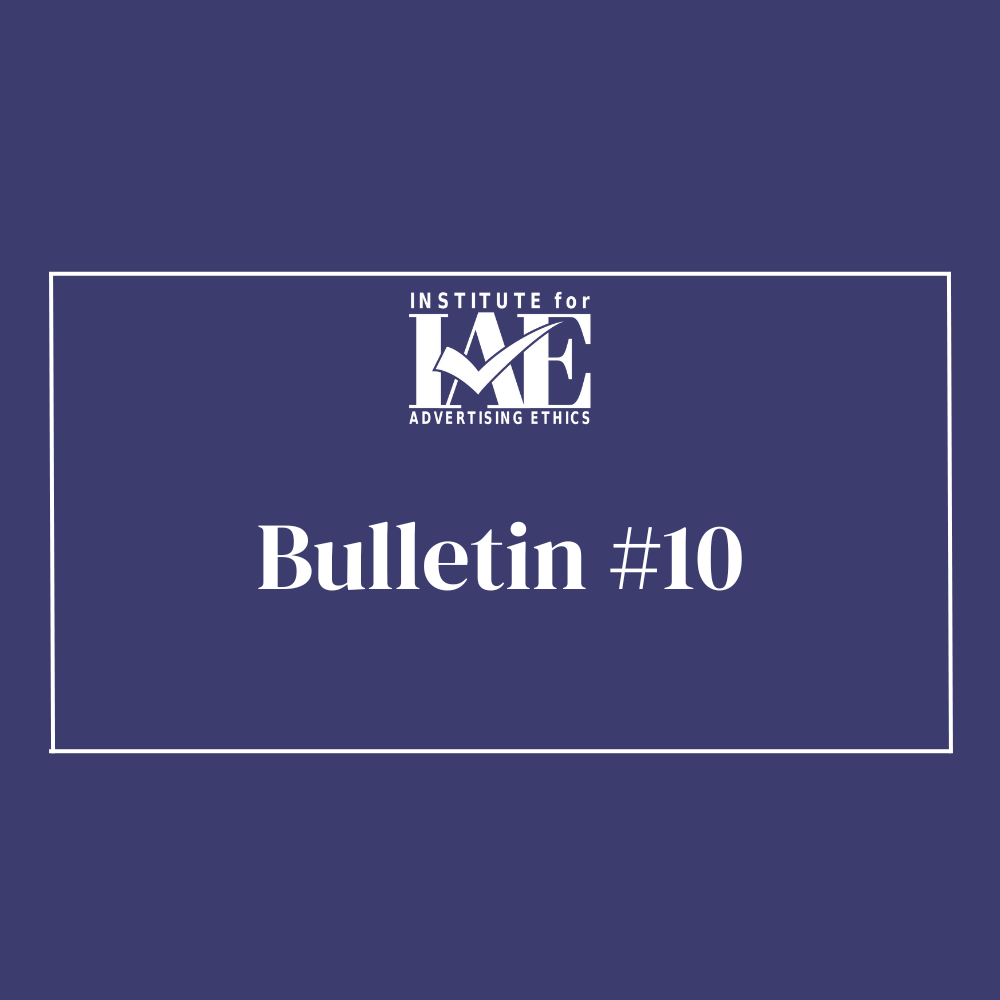Bulletin #1: Innovations Driving A Race to the Top
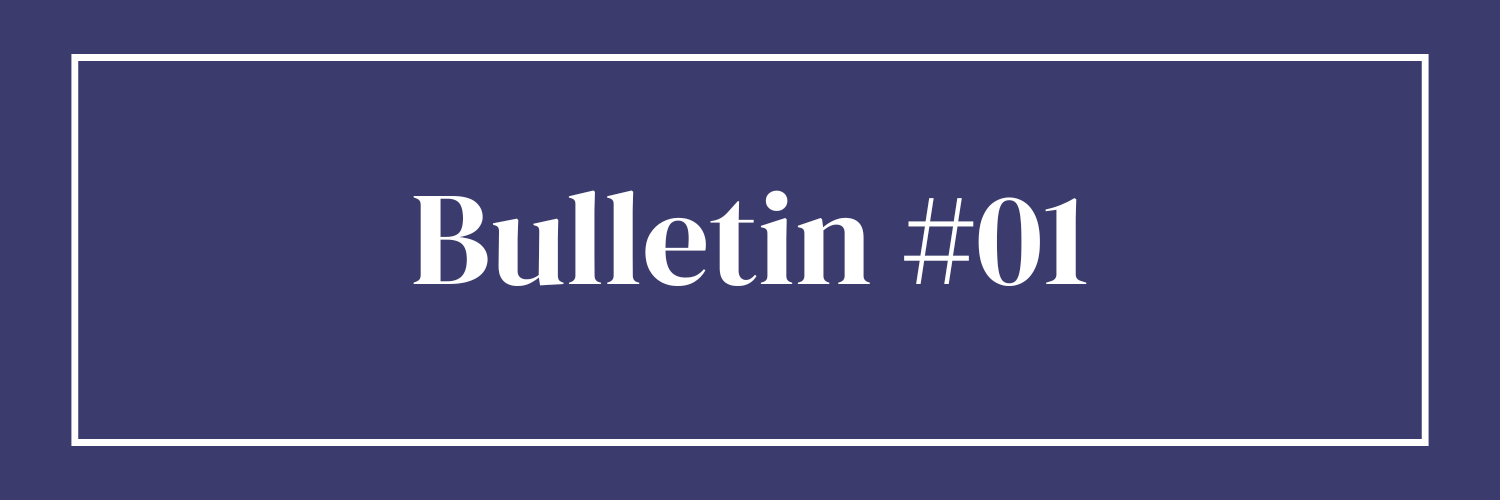
Dear members & partners,
As we continue to equip advertising professionals with on-demand ethical tools and training to increase trust, reduce risk, and achieve sustainable growth, we are excited to share the latest initiatives and developments from the Institute for Advertising Ethics in Bulletin #01.
Green Shield Launch
In response to the urgent need for integrity in climate communications, we launched the Green Shield program in February of this year.
Since then, we have been certifying and delivering toolsets to thousands of professionals and have obtained support by industry bodies such as the Alliance for Audited Media (AAM), the American Association of Advertising Agencies (4A's), Association of National Advertisers Educational Foundation (ANAEF), the Public Relations Society of America (PRSA). the American Advertising Federation (AAF) and more.
This initiative sets a new benchmark for preventing greenwashing, combining peer-reviewed science with comprehensive training and broad industry consensus.
Instigating a Race to the Top With Certification, Innovation, & Co-Regulation
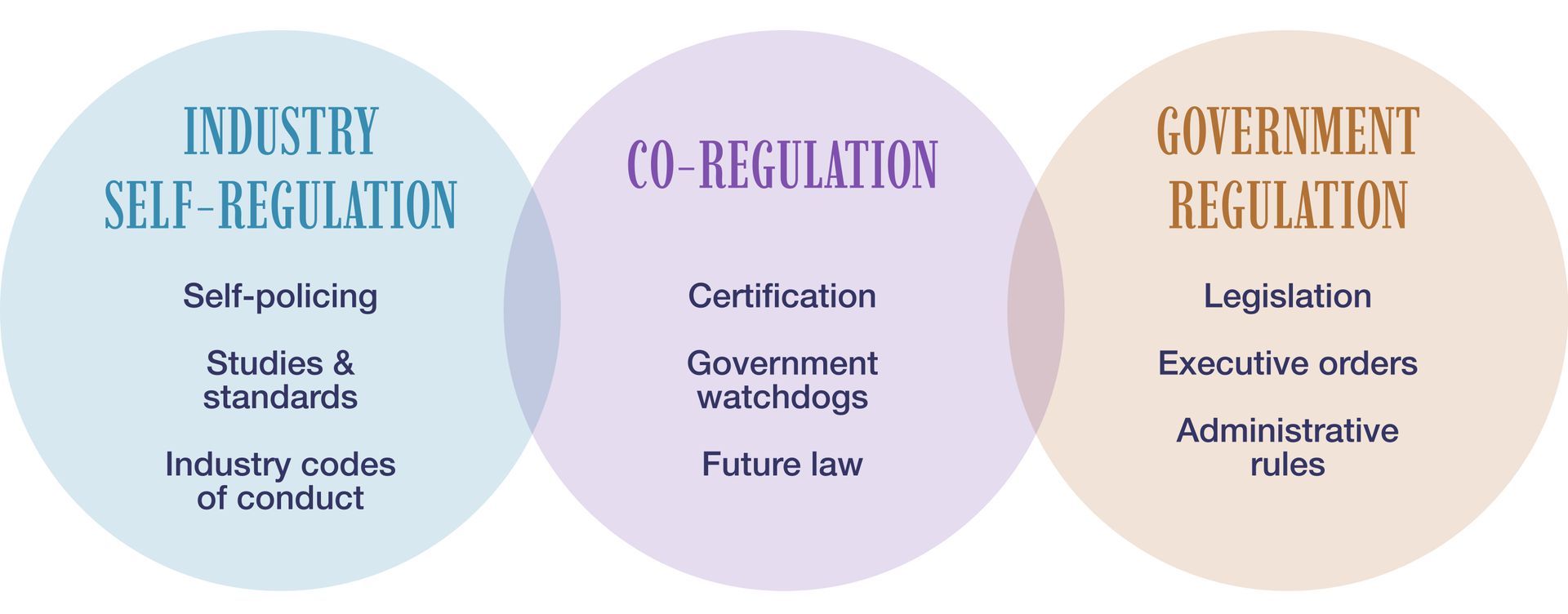
We are championing a transformative Co-Regulatory framework to rectify the failures of self-regulation in digital media.
Historically, media self-regulated effectively for a century, but since 2000, the digital landscape has been plagued by fraud, misinformation, privacy violations, and harmful algorithms due to warped market designs, regulatory passivity, and perverse incentives.
Our new approach prioritizes Citizen-Consumers and involves government collaboration, employing safeguard devices and compliance technologies. This framework aims to eliminate conflicts of interest and perverse incentives, combining the speed and flexibility of self-regulation with robust oversight.
Utilizing successful Co-Regulatory models from other sectors and countries, the IAE is redefining media regulation, addressing the urgent need for ethical and accountable advertising practices. The era of cosmetic self-regulation is over, and the IAE’s leadership in Co-Regulation offers a path forward, ensuring a healthier media environment that benefits consumers and the industry alike.
Now is the critical moment for this initiative, as macro factors align to support this essential regulatory evolution. The systemic challenges we face today are too complex to be addressed by a few individuals making unilateral decisions. Instead, we must foster cooperation and collaboration, bringing together diverse insights, ideas, and inspirations to solve these complex issues and create sustainable value. This is why the IAE emphasizes a Co-Regulatory approach, involving input from various stakeholders to effectively tackle the multifaceted problems facing our industry today.
Stay Involved
Wondering how you can stay involved with the IAE and the work we're doing?
1. Get Certified: We encourage you to advance your professional development by completing the Certified Ethical Advertising Executive (CEAE) course and our free Green Shield course for greenwash prevention.
2. Stay Connected: Make sure to follow us on LinkedIn and Instagram to stay up-to-date with the IAE as we continue to push the boundaries of ethical advertising.
3. Donate: Your generosity powers our mission. Every contribution helps us to raise ethical standards across all aspects of advertising communications. Donate today!
Thank you for championing ethical advertising. Together, we’re shaping a more accountable and trustworthy industry. We’re grateful to have you on this journey!
Best,
The Institute for Advertising Ethics
